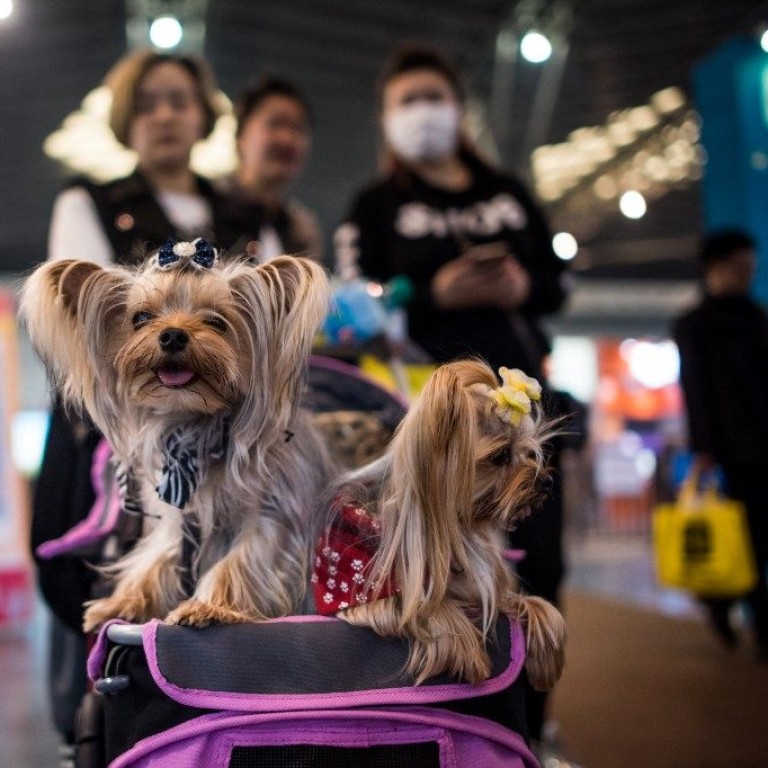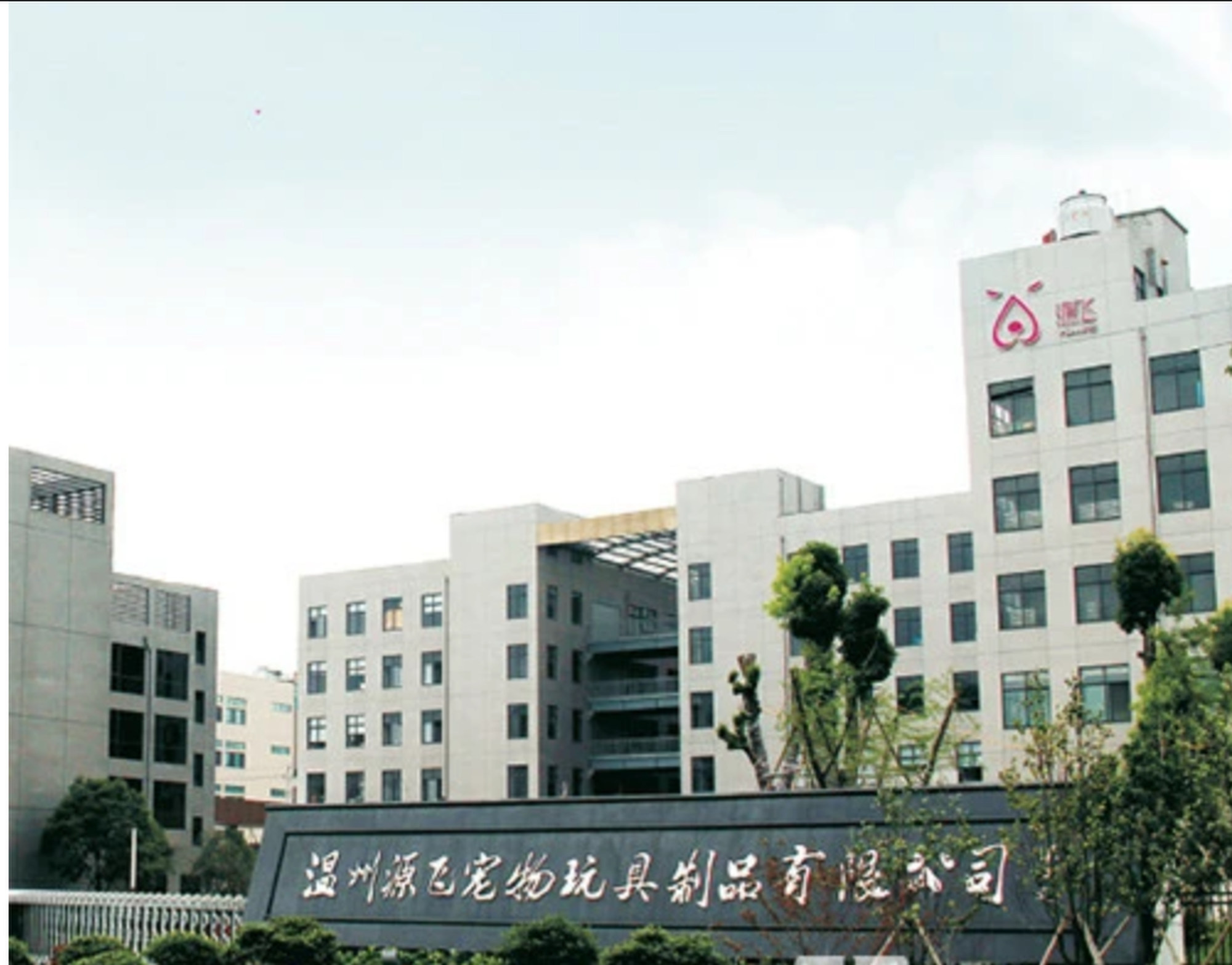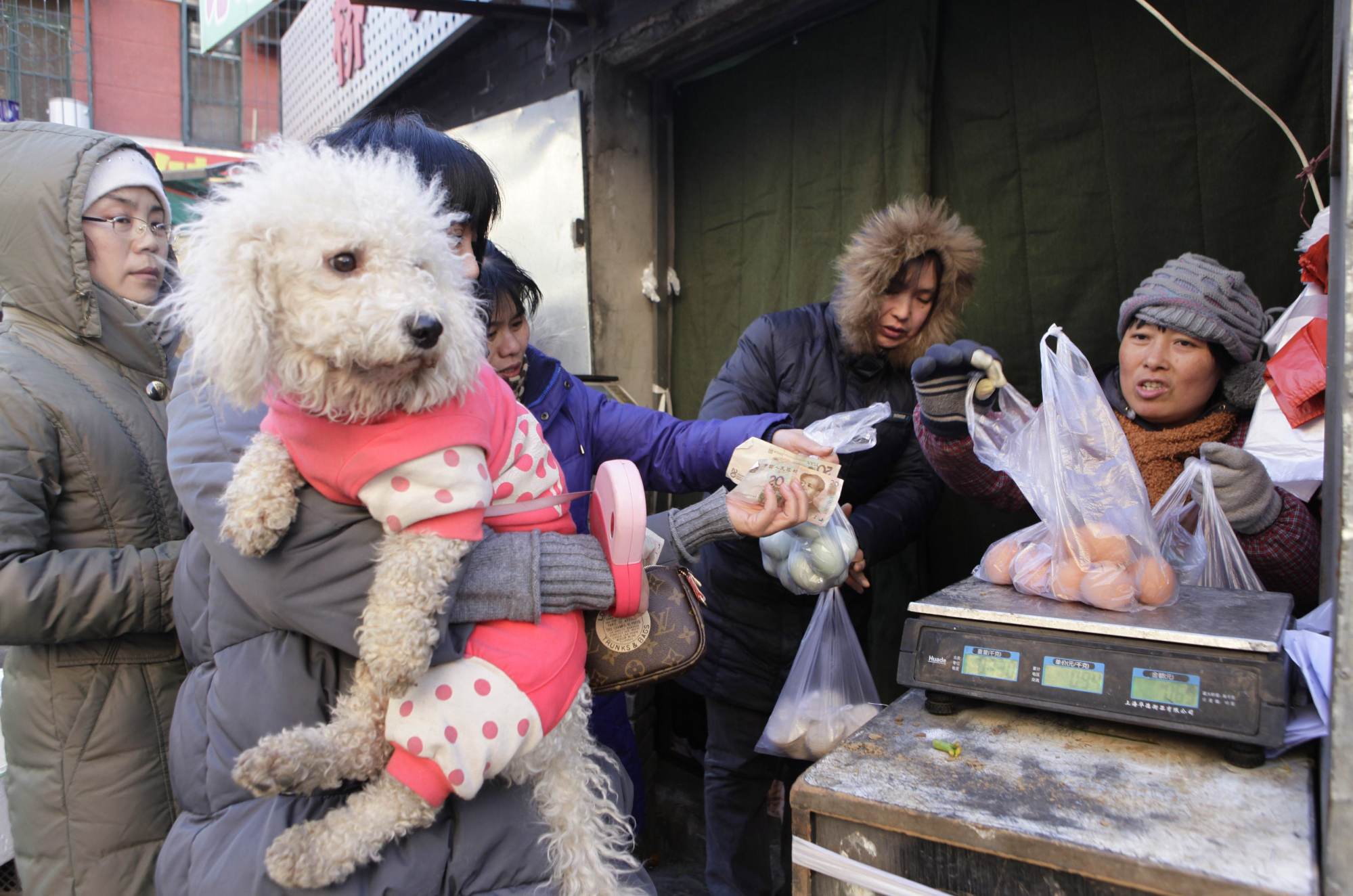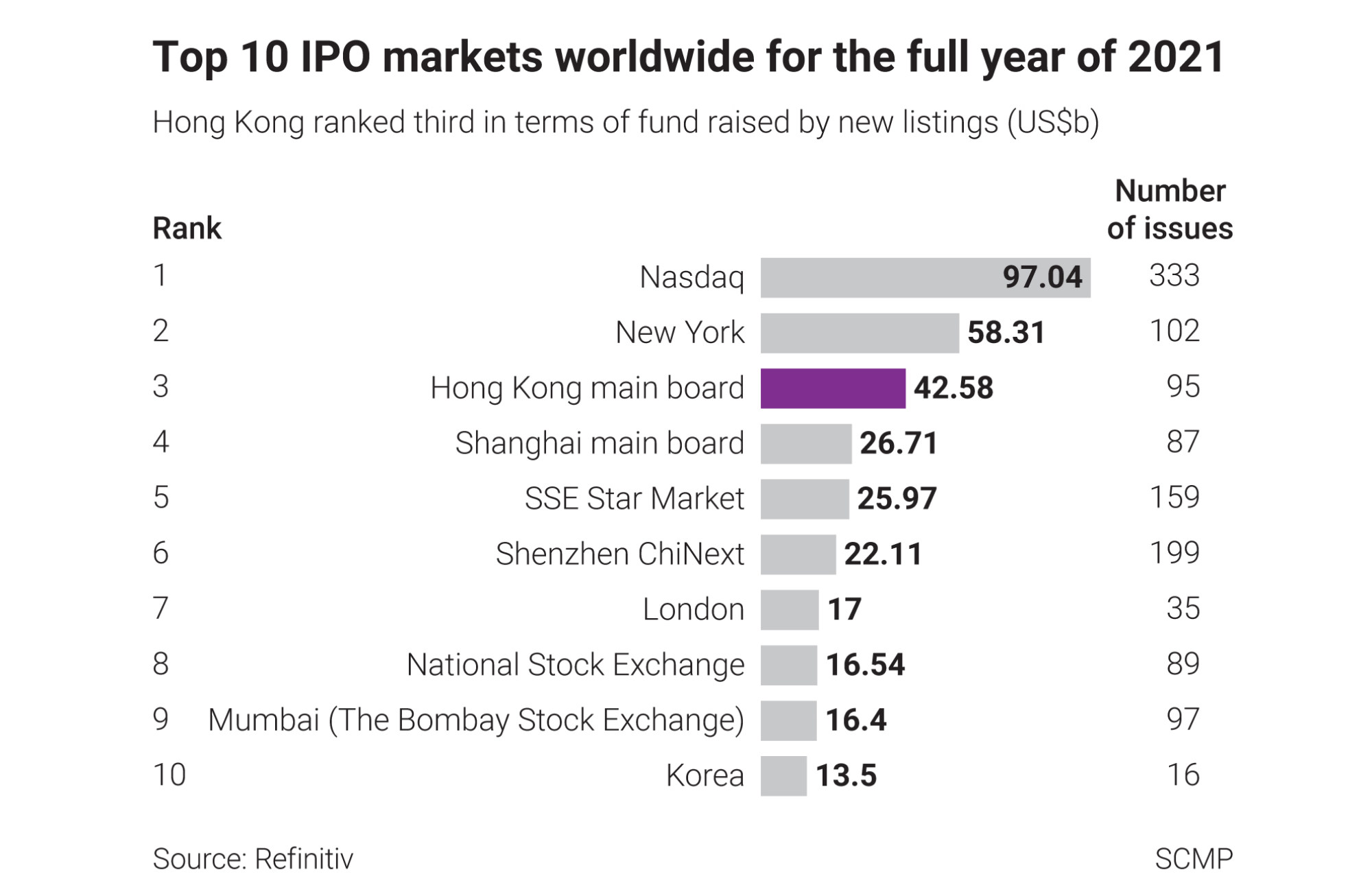
China’s US$73 billion pet economy feeds IPO pipeline as companies backed by KKR, Hillhouse seek capital to expand
- Wenzhou Yuanfei Pet Toy Products and Gambol Pet Group seek listing in Shenzhen, with China’s pet economy is projected to reach US$120 billion by 2025
- The sector has attracted private equity investors including KKR, Hillhouse Capital and Goldman Sachs, media reports showed
Wenzhou Yuanfei Pet Toy Products, which mainly produces leashes, started taking orders last week for its 409 million yuan initial public offering (IPO) in Shenzhen later this month, according to an exchange filing. Gambol Pet Group gained approval last month for its 600 million yuan IPO on the ChiNext board in Shenzhen.
They will add to peers like Hangzhou Tianyuan Pet Products and Shanghai Fullpet Pet Products, which have submitted their IPO plans, according to exchange filings. Larger groups like Yantai China Pet Foods and Petpal Pet Nutrition Technology went public in 2017. Shandong Luscious Pet Food Inc went public in Beijing in March this year.

The expansion drive underscores the potential in the industry while at the same time offering an exit route for early investors including private equity firms KKR, Hillhouse Capital and Goldman Sachs. China’s pet economy is projected to reach 811 billion yuan in 2025, according to iiMedia Research, from about 494 billion yuan expected this year.
“The boost by capital is very important, especially for the larger companies, as the companies view gaining market share and sharpening brand positioning as the most important thing,” said Lin Yidan, a senior analyst at TF Securities based in Shanghai. “The large amount of fundraising will lead to stiffer competition.”

Gambol is backed by investors including KKR and Legend Capital which also invested in personal-computer maker Lenovo Group. Hillhouse has invested at least US$1 billion in more than 100 pet-related companies, according to mainland media outlet The Paper. Ringpai Pet Hospital, which counts Goldman and Mars Inc among its backers, is said to be eyeing a Hong Kong IPO later this year, IFR reported.
Demographic changes in the country with a population of 1.4 billion, along with more people adopting pets and delaying their marriage plans, have helped spur growth in the industry because of their spending power, according to analysts said.
“This is a signal that more funds will be coming into this sector, promoting pet market growth in China, and helping domestic companies to gain market shares,” analysts at brokerage firm Jefferies wrote in a July 29 report to clients.

With a big potential for future growth compared with more mature markets globally, local players are starting to take on dominant foreign players on price advantage, according to analysts at Industrial Securities. Mars’s share in the pet food segment, for example, has shrunk to 10.5 per cent in 2020 from 20.4 per cent in 2011, the brokerage said.
Yet, challenges persist as they lag behind foreign players in the higher-margin premium segment, according to Zhang Yi, chief executive officer at market research firm iiMedia.
“The market should also enhance the quality stability and branding of their products to win customers who are willing to pay higher prices for foreign brands,” he said. “The industry’s ability to tailor to the needs of specific groups and meet personalised service is generally weak.”

